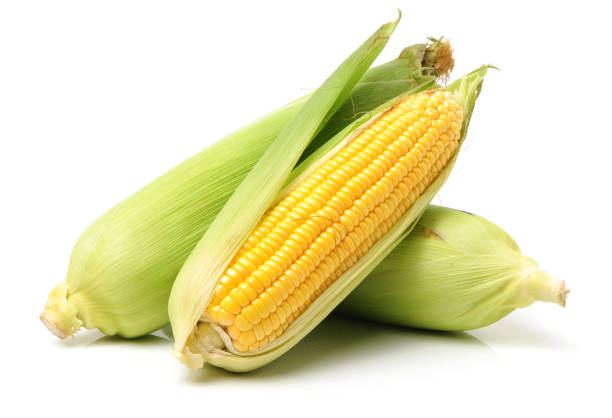Wild rice, a native North American grain derived from aquatic grasses, is not only a flavorful addition to meals but also packs a nutritional punch. Its distinct nutty taste and chewy texture are complemented by an impressive array of essential nutrients, making it a wholesome choice for those seeking a nutrient-dense diet.
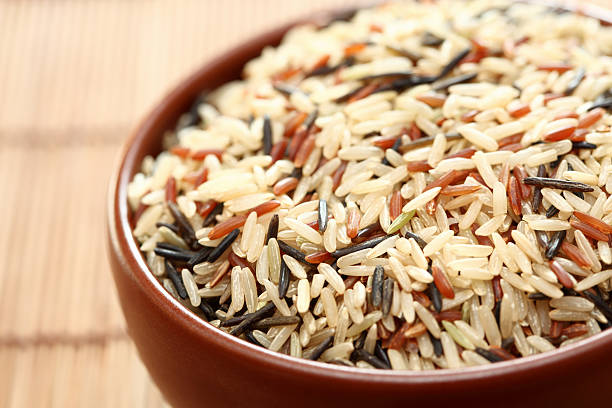
One notable aspect of wild rice is its rich carbohydrate content, serving as a complex carbohydrate source. This complex nature leads to a gradual release of energy, offering a sustained fuel supply. This can be particularly beneficial for individuals aiming to maintain steady energy levels throughout the day.
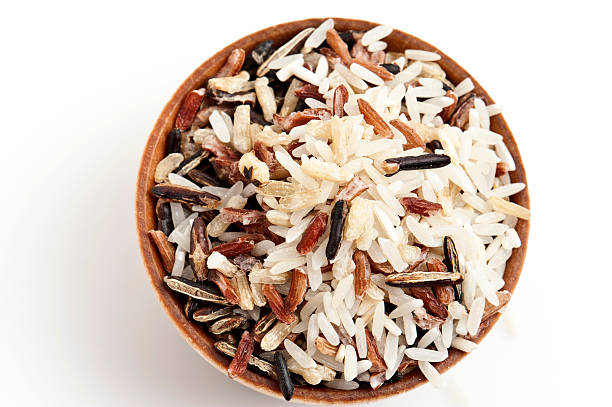
Furthermore, wild rice stands out for its high fiber content. The fiber in wild rice contributes to digestive health by promoting regular bowel movements and supporting a healthy gut microbiome. The inclusion of this grain in one’s diet can aid in managing weight and preventing constipation, contributing to overall digestive well-being.
In terms of protein, wild rice is a notable plant-based source. While not as protein-dense as some legumes or animal products, it still provides a valuable protein component, making it a suitable option for those pursuing vegetarian or vegan lifestyles. The amino acids present in wild rice contribute to various bodily functions and help support muscle health.
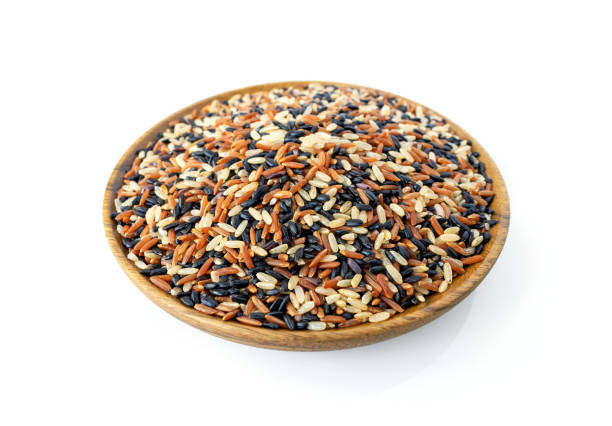
Wild rice is also rich in essential minerals, including phosphorus, magnesium, and zinc. Phosphorus is crucial for bone health, magnesium plays a role in muscle and nerve function, and zinc is essential for immune system support. The combination of these minerals makes wild rice a well-rounded addition to a balanced diet.
Moreover, wild rice is a good source of antioxidants, including anthocyanins and flavonoids. These compounds help combat oxidative stress in the body, potentially contributing to overall health and reducing the risk of chronic diseases. The antioxidant content in wild rice adds another layer of nutritional benefit to this grain.
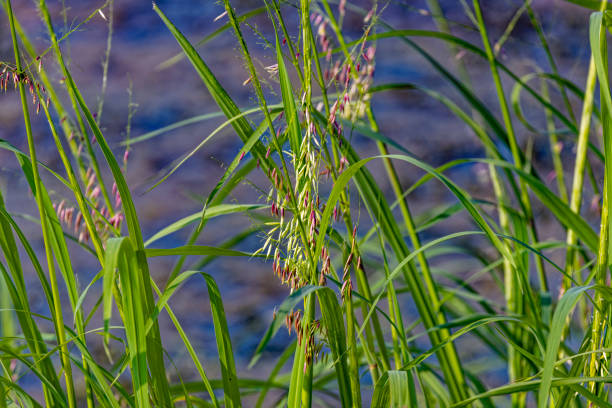
One key advantage of wild rice is its gluten-free nature, making it suitable for individuals with gluten sensitivities or celiac disease. This characteristic enhances its versatility in various recipes, accommodating a range of dietary needs.

In conclusion, the nutritional value of wild rice is evident through its combination of complex carbohydrates, fiber, protein, essential minerals, and antioxidants. Incorporating this ancient grain into a well-balanced diet not only adds diversity to meals but also contributes to overall health and nutrition.


